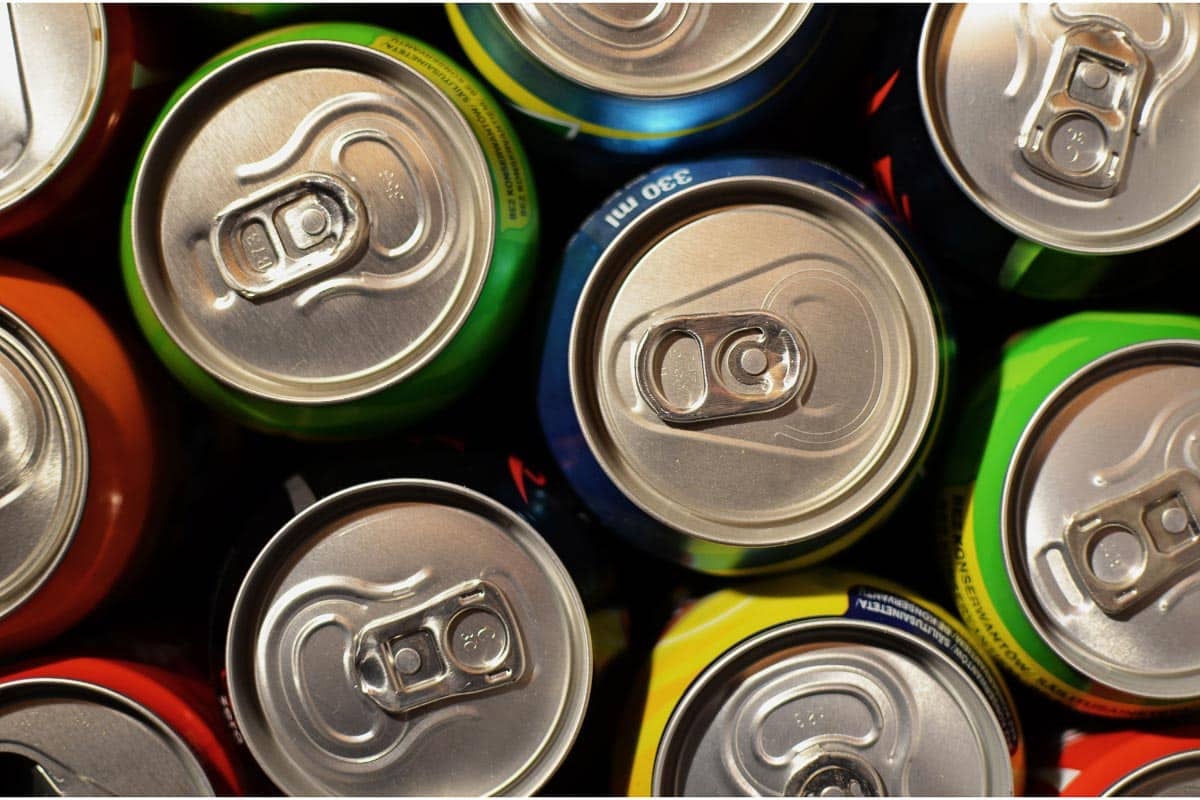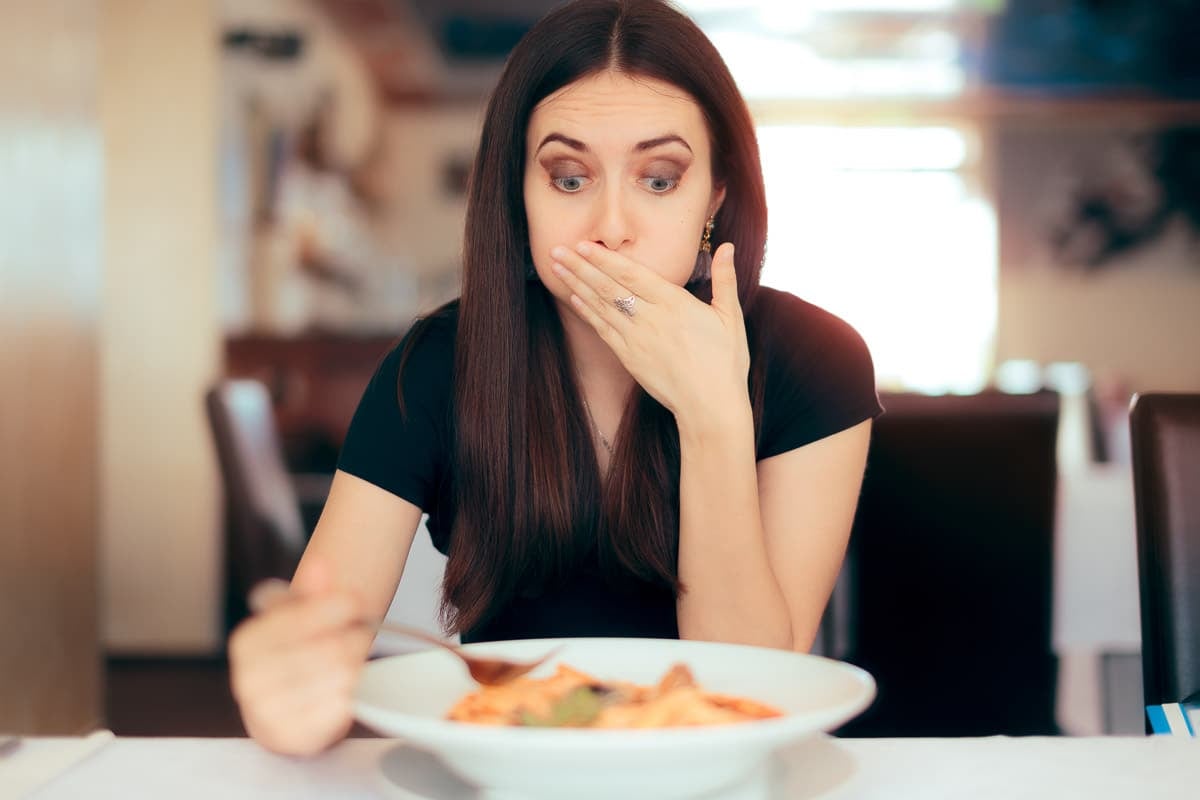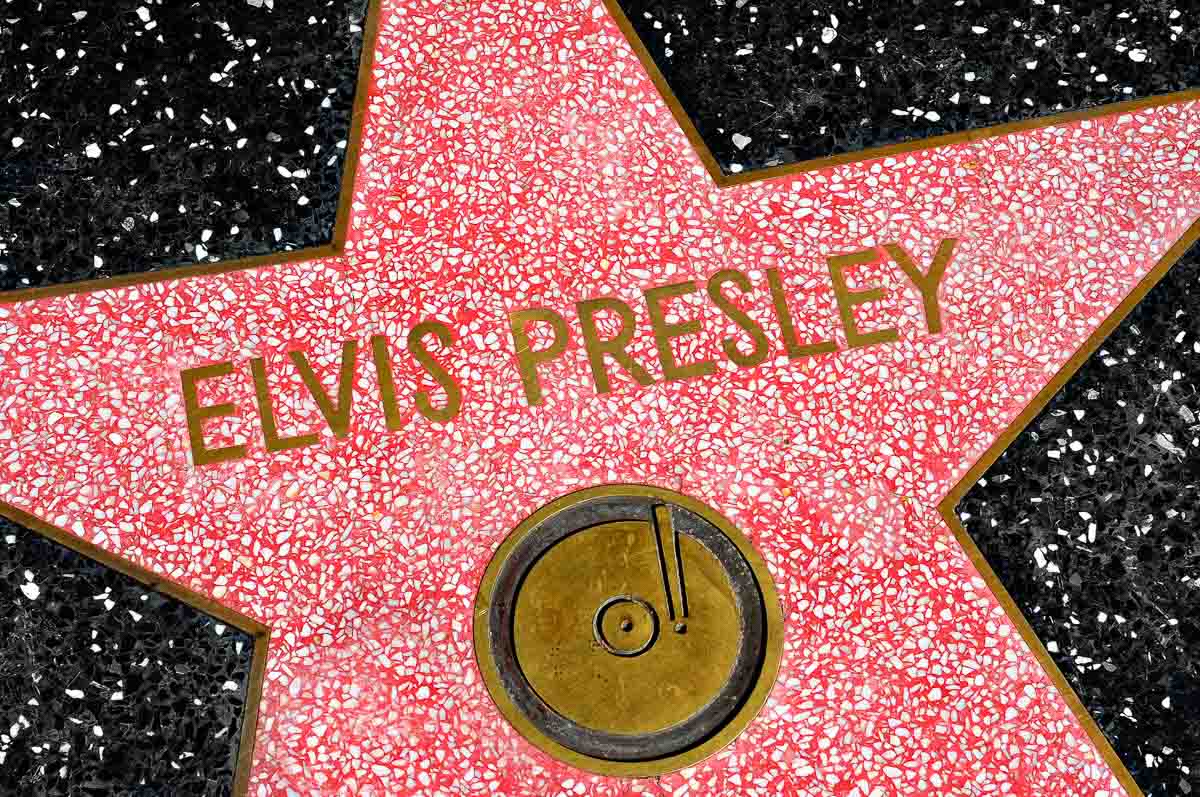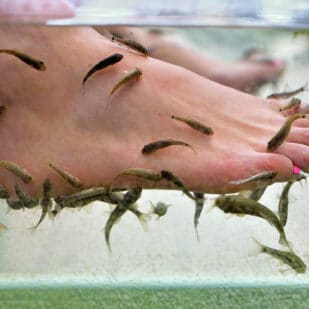Navigating the choppy waters from kiddie pool to the deep end of adulthood isn’t just about legally buying spray cheese with your own credit card. No, the brainy brigade in lab coats tells us it’s a soupy mix of brain wrinkles and emotional gymnastics. Forget waiting for the government to send you a “Welcome to Adulthood” card; science says you’re not an adult until your neurons do the Macarena and your feelings can endure the rollercoaster of “real life.”
Biological Markers of Adulthood

Biologically, adulthood is often associated with the completion of physical growth and the onset of reproductive capability. However, scientists argue that full maturation, particularly of the brain, continues well into one’s twenties. The prefrontal cortex, responsible for decision-making, planning, and self-regulation, is one of the last brain regions to mature. This maturation process is crucial in defining the biological threshold of adulthood.
Psychological Development

Psychological and emotional maturity are also key indicators of adulthood. This maturity includes the ability to manage complex emotions, demonstrate empathy, and establish one’s identity.
Emotional Maturity

Emotional maturity is characterized by self-awareness, self-control, and the nuanced understanding of social dynamics. These attributes often develop through varied life experiences and are essential in the scientific consideration of adult status.
Sociocultural Dimensions of Adulthood

The sociocultural context also plays a significant role in defining adulthood. Different societies may have varying expectations and rites of passage that signal the transition to adult life. These cultural markers are important but are not the sole determinants of adulthood from a scientific standpoint.
The Legal Age of Majority vs. Scientific Understanding

While the legal age of majority, often set at 18, grants individuals adult status in the eyes of the law, it does not necessarily coincide with the scientific perspective of adulthood. Legal definitions are designed for societal function and do not always reflect the complexities of human development that science reveals.
The Role of Responsibility and Independence

Responsibility and independence are frequently cited as hallmarks of adulthood. The capacity to take care of oneself, make informed decisions, and contribute to society are traits that are both legally and scientifically recognized as attributes of an adult.
The Impact of Environment and Experience

The environment and individual experiences also influence the onset of adulthood. Factors such as socioeconomic status, education, and life events can accelerate or delay the development of adult characteristics. Science acknowledges that the path to adulthood is not uniform and is shaped by a multitude of external influences.
Adulthood in the Modern World

In the modern world, the transition to adulthood is often extended. Higher education, career choices, and changing societal expectations have stretched the boundaries of what is considered the onset of adulthood. This extension is reflected in scientific studies that suggest a more fluid and extended transition into adult roles.
The Consensus on Adulthood Age

A consensus among scientists points to the mid to late twenties as the period when most individuals reach full maturity across biological, psychological, and sociocultural dimensions. This age range is considered a more accurate reflection of the true age of adulthood, taking into account the multifaceted nature of human development.
Conclusion: A Multidimensional Approach to Defining Adulthood

Adulthood is not a milestone that is reached overnight or at a specific age. It is a gradual process that encompasses a range of developmental stages. Science provides a comprehensive understanding that goes beyond legal definitions, offering a multidimensional view that encompasses the physiological, psychological, and emotional facets of maturity. As we continue to explore the intricacies of human development, it becomes clear that the journey to adulthood is as individual as the person themselves.
10 Of The Worst Tasting Drinks People Pretend To Like

Hold onto your taste buds, because we’re about to embark on a flavor-filled adventure through the realm of beverages! Sure, we all need water to survive, but let’s be real – drinks are so much more than just basic hydration. Recently, the question of which beverages people secretly think taste awful sparked a fiery debate. Boozy elixirs, non-alcoholic refreshments, and everything in between were thrown into the mix. Brace yourself as we unveil the truth behind the drinks we pretend to love. Get ready for a wild ride of taste revelations! Read 10 Of The Worst Tasting Drinks People Pretend To Like
12 Of The Worst Tasting Foods People Find Disgusting

Food. We all have foods we love, foods we cannot stand – and then there are the foods that have people deeply divided. While wandering about an online forum we came across a discussion about foods that people find disgusting.
READ: 12 Of The Worst Tasting Foods People Find Disgusting
Alive or Dead? You Be The Judge… 15 Famous People Rumored To Be Alive After They Were Reported Dead

There are many celebrities who have been rumored to be alive after they were reported dead, either because of false reports, hoaxes, rumors or conspiracy theories.
You be the judge…. Are they really alive or dead as claimed? Read: Alive or Dead? You Be The Judge… 15 Famous People Rumored To Be Alive After They Were Reported Dead
14 Of The Craziest Hacks People Use Mayonnaise For – Even In The Bedroom!

After you click through this slide show you will never look at a jar of mayo the same way again. Trust us. Click for 14 Of The Craziest Hacks People Use Mayonnaise For – Even In The Bedroom!







